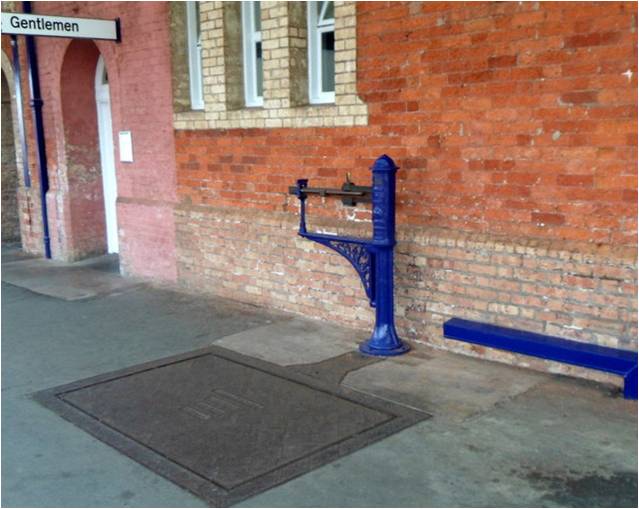
Livestock scales or Highly popular for measuring and collecting data about cattle performance, and using the scales is becoming standard practice in the livestock industry. These scales are used to measure the bodyweight of animals and also monitor their health growth and herd production efficiency.
Other uses of livestock scales include analyzing pregnancy, health, nutrition, and genetics of animals by collecting these parameters at different stages of their growth. However, it is not easy to choose a livestock scale as there are plenty of factors to consider. Let us explore all the factors to consider while choosing a livestock scale for your business.
Livestock scales are available in a variety of sizes, capacities, specifications, and technologies to suit the different requirements of farmers and livestock owners.
The location where the scale is to be used?
Geograph
If you use a squeeze chute, you can weigh cattle with a permanent system (loading bars screwed in concrete and attached to the slide) or down the alley with a portable system. Portable systems are best if you have a crush chute, as you can attach them onto a truck or trailer.
Accuracy and Durability
Your livestock scale should deliver highly accurate results as you will need to use it at many stages of your business. The accuracy of your scale and results will definitely affect the revenue of your business. Moreover, to maintain the accuracy of your scales, you need to calibrate and maintain them regularly.
The livestock scales are required to handle the heavyweight of animals and harsh environments where they are used. Therefore, they need to be highly durable to perform their job. Unlike other types of weighing scales that are used in controlled environments, livestock scales can take the stress of heavy loads and conditions like rain, dust, and animal waste.
Features present in the scale.
Considering the features is essential to know how a scale weighs cattle. There are a variety of livestock scales available that offer different features like displaying recording and tracking information of animals. The advanced livestock scales are capable of communicating with herd management software which helps you to keep your database updated at every moment.
Stationary or portable.
Some users need to use the scale at a single location. Search users can use a customized platform scale with gates as they make the counting of animals convenient. Some users want to use a scale at multiple locations. These people should prefer a portable scale that allows them to set it up easily at any place. Portable skills for lightweight, and you can easily carry them in in your vehicle. Despite being portable, they deliver accurate readings even on non-uniform surfaces like gravel.
If you need extremely accurate measurements, you can also consider individual animal scales for the task. It means you should consider the number of animals you need to weigh every day or week before choosing a livestock scale for your business.
Performance evaluation.
By using a livestock scale, you can measure the weights of animals at different stages of their life. Users can use the data to analyze and evaluate gain, feedlots, and other related factors like weight per day of age and daily gain. The evaluation of performance will help you to make the right decisions for your life stock business.
How rough is the environment?
If the working environment for the weighing system involves exposure to corrosive elements, select a high-performance balance that can accommodate the abuse. While all livestock scales are designed to be used in harsh conditions, invest in sink scales that can be cleaned frequently when you expect them to be needed. The ease of cleaning and maintenance helps you to improve the life of your scale.
Mechanical or electronic scales?
In order to install mechanical scales, a concrete pit must be dug and built. Repairs can be very expensive if the measurements become inaccurate, and the mechanical scale may not be preserved or may not be eligible for certification. Electronic scales (load cells) are comparatively inexpensive, highly accurate, and much easier to install.
Ease of use.
Most of the livestock kids come with a concrete or flat wood deck that allows the easy loading and unloading of small and large animals. For example, the improvements in technology have enabled the manufacturers to include memory components in livestock scales that reduce the requirement of separate equipment for a collection of weight data.
Customization options.
Many users prefer customizing their scales to use them according to their requirements. There are many livestock scales that come with customization options, including accessories like load bars, gates, and digital weighing indicators. The customization options can help the users to streamline their weighing processes and reduce the investment of time and labor.
Final Words
These were the factors that livestock owners need to consider before investing in a livestock scale. Buying the right scale can help them to monitor their livestock data and performance and use it to run their day-to-day operations. Considering the factors in this post can help farmers and animal owners to get the right scale for their business.


